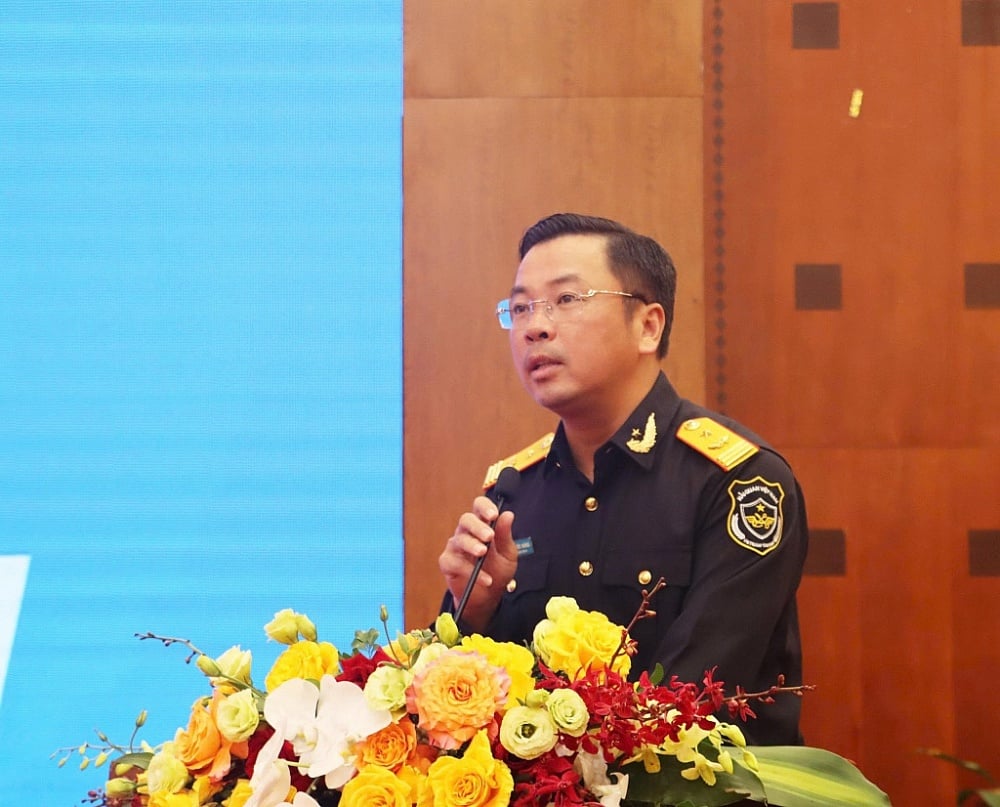
Minimize costs for Customs and businesses
At the seminar "Improving tax and customs policies, promoting business development" held on October 16, Mr. Tran Duc Hung said that in 2025 alone, the Customs Department has conducted a comprehensive review of all 214 administrative procedures (AP) implemented by the Customs agency and 29 business conditions under the management of the Customs agency.
Through the review results, the Customs Department has advised the Ministry of Finance to approve the plan to reduce and simplify 39 administrative procedures in the Customs sector (in Decision No. 2421/QD-BTC dated July 9, 2025) and submitted to the Government for approval the plan to reduce and simplify 39 administrative procedures in the Customs sector and abolish 15 unnecessary business conditions (in Decision No. 1848/QD-TTg dated August 27, 2025).
In the context that the Party and State are promoting "breakthroughs in science and technology development, innovation and national digital transformation", the Customs authority has actively reduced and simplified administrative procedures, applied modern customs management methods such as: Pre-determination of codes, values, origins; post-clearance inspection; risk management; recognition of priority enterprises; assessment of compliance with customs laws... thereby encouraging enterprises to comply with the law, harmonizing the requirements of State management on customs and facilitating trade, promoting the rapid clearance of goods, minimizing costs incurred for the Customs authority and enterprises.
On that basis, the Customs Department approved the Project to Reduce the inspection rate in customs procedures for import and export goods; which set the target by 2026 to reduce the inspection rate: "Green channel rate 70%, Yellow channel rate 25%, Red channel rate not more than 5%" and the Customs Development Strategy to 2030 set the target of "Reducing pre-inspection, increasing post-inspection", "Reducing the inspection rate during customs procedures, promoting pre- and post-clearance inspection".
Avoid letting businesses take advantage of the laxity of the law to violate
Mr. Tran Duc Hung shared that administrative procedures ensure transparency in State management, cutting administrative procedures can lead to difficulties for businesses and Customs agencies in management, easily leading to taking advantage of the law's flexibility to violate. Therefore, to continue to complete the targets of cutting and simplifying administrative procedures in 2026, the Customs Department will face many difficulties in reviewing, advising and reporting on the reduction plans.
According to Mr. Tran Duc Hung, another difficulty comes from the complicated process of issuing documents and consulting opinions in drafting legal documents. Accordingly, the newly issued Law on Promulgation of Legal Documents 2025 has allowed to shorten the time for drafting legal documents. However, the procedural order has not changed much, even arising some additional work in the implementation process.
In addition, during the process of drafting documents, the presiding unit will organize to collect opinions from relevant subjects in many forms. However, the quality of participation of relevant subjects is not in-depth, not really serious, not reflecting reality, not predicting arising problems, leading to the document having problems immediately after promulgation.
Mr. Tran Duc Hung gave a specific example during the process of collecting opinions to issue Decree 167/2025/ND-CP recently, problems arose related to customs procedures for transit goods combined with export goods at CFS warehouses, customs procedures for means of transport entering and exiting through road border gates...
At the same time, in the process of drafting documents, the presiding unit encounters many difficulties when legal issues arise, and the members must also take responsibility. Not only that, when drafting documents, it is necessary to ensure consistency with other legal document systems; it is necessary to consider the goals of facilitation and management. If the facilitation is exploited by the subjects to take advantage of loopholes in the documents for personal gain, violations can easily lead to legal risks for the drafting unit.
“To ensure the reduction of administrative procedures, it is necessary to digitize documents, records, and electronicize them; strongly shift from pre-inspection to post-inspection, and promote information collection at the pre- and post-clearance stages. This requires close coordination between functional departments, customs units where customs procedures are carried out, where goods are stored, and where production facilities are managed, especially in the context of the whole industry lacking staff, making this even more difficult,” said the leader of the Customs Department.
In order to effectively implement the reform of administrative procedures in the coming time to continue to provide maximum support to import-export and investment enterprises, Mr. Tran Duc Hung emphasized that the Customs Department will continue to review, research, amend and supplement mechanisms, policies and legal regulations to create a complete and strict legal corridor, contributing to improving the effectiveness of administrative procedure reform, meeting the requirements of building a digital Customs model, smart Customs, creating maximum convenience for people and businesses.
Strictly assess the impact, appraise and examine regulations on administrative procedures in proposals, projects and draft legal documents, in which absolutely do not advise on the issuance of regulations and administrative procedures related to new business activities that create unnecessary costs, procedures and time, contrary to regulations for people and businesses.
Strictly implement the announcement, public disclosure, transparency, completeness, accuracy and timeliness of information on administrative procedures on the National Database on Administrative Procedures and receive and handle feedback and recommendations from individuals and organizations on regulations and administrative acts on the National Public Service Portal; continue to effectively implement the innovation of the One-stop shop and interconnected one-stop shop mechanism in handling administrative procedures; focus resources on accelerating the digitization of records and results of handling administrative procedures.
Source: https://baotintuc.vn/kinh-te/hai-quan-da-ra-soat-gan-100-van-ban-bai-bo-quy-dinh-khong-phu-hop-20251016164322422.htm



![[Photo] Nhan Dan Newspaper launches “Fatherland in the Heart: The Concert Film”](https://vphoto.vietnam.vn/thumb/1200x675/vietnam/resource/IMAGE/2025/10/16/1760622132545_thiet-ke-chua-co-ten-36-png.webp)





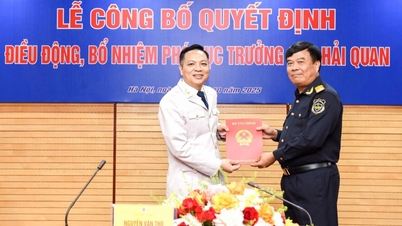

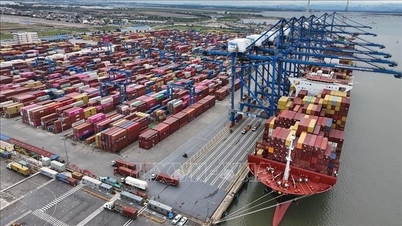






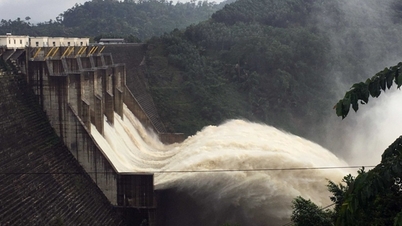





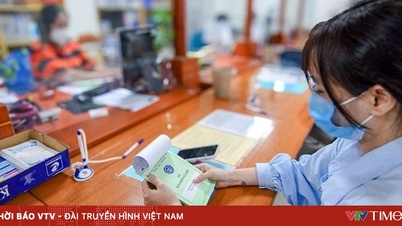




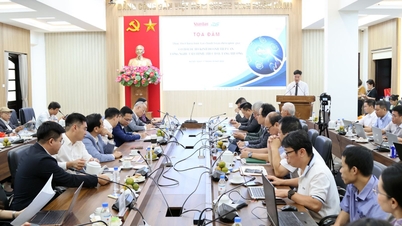
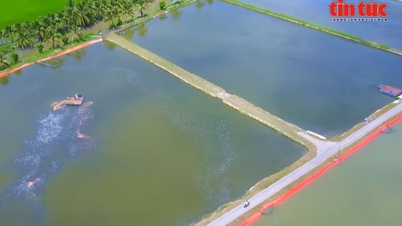
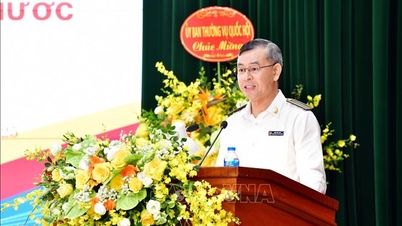

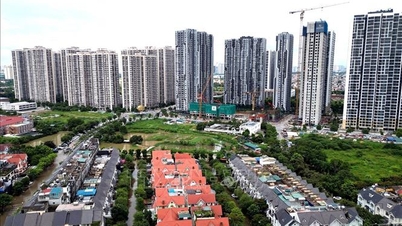
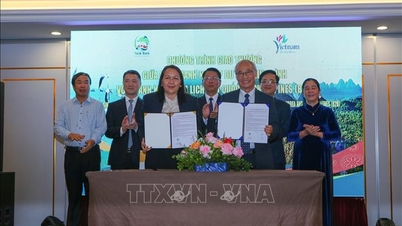



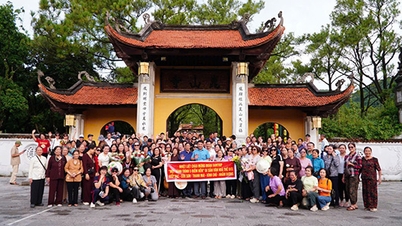




















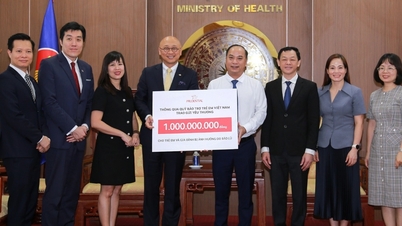
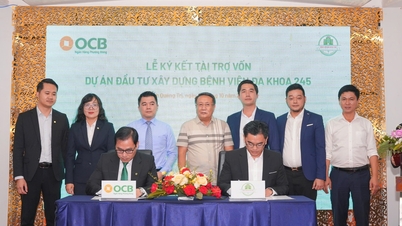


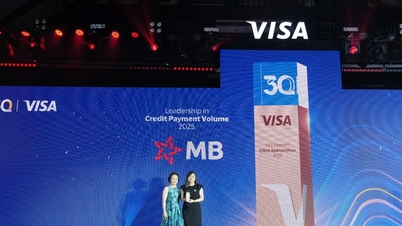













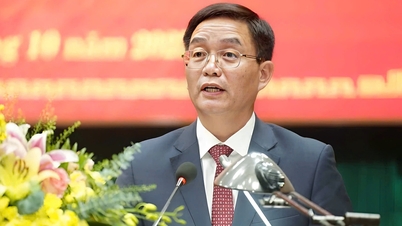








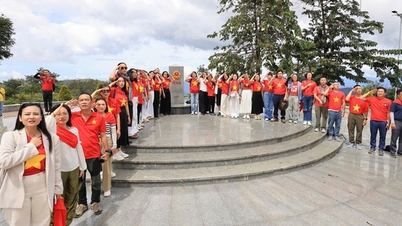

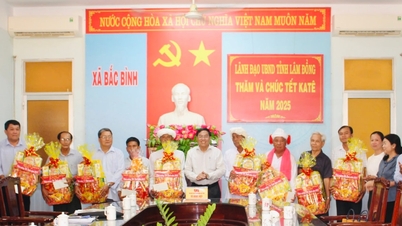



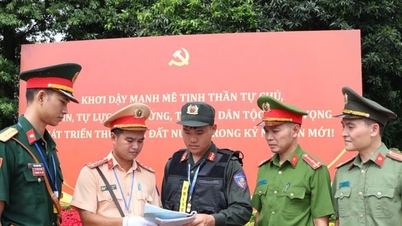


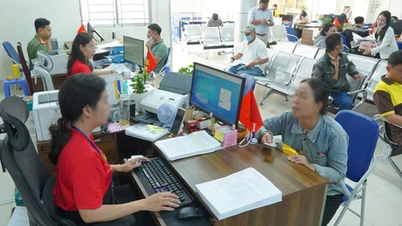


















Comment (0)